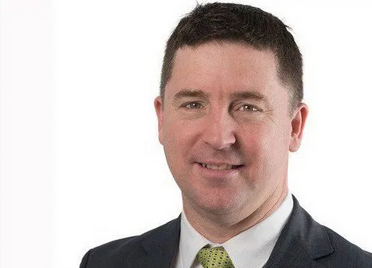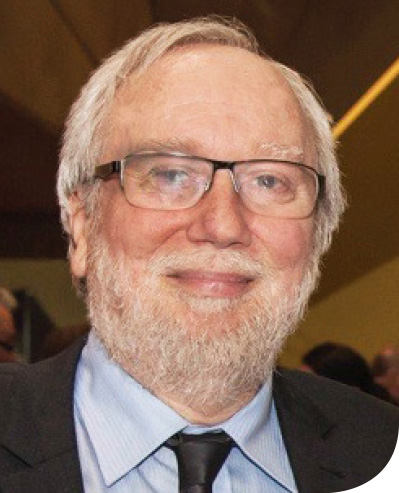Forced silence
We have a problem. We’re finding it harder and harder to talk about God, sex and politics. And this is far more serious than some mild social taboo.
Nowadays, you raise these topics at your peril. An archbishop can’t be too careful in what he does or doesn’t say in any public gathering. Twitter storms of the hurt and confused can blow up over loose lips. And so we self-censor.
I heard just last week of bright young Christian teachers in the inner west choosing not to wear crosses. There isn’t a ban on wearing crosses (nor are they required to, of course) – it’s just they were smart enough to smell the air and realise their credibility would be blown if they were known as Christians. Or take the Christian student group that’s decided not to speak about sex to students on its university campus. They haven’t changed their conservative Christian beliefs. They’ll teach this stu privately off campus. But they won’t risk their university affliation by speaking openly on what those beliefs are.
On many fronts there is pressure to be quiet, to withdraw, to retreat from public spaces. In each of these examples the law hasn’t changed at all, but a cultural shift is taking place around freedom of speech.
It’s not just Christians who are being told to stop speaking. In campuses around the world there are campaigns to silence speech that triggers pain. We’re not talking about holocaust deniers or violent misogynists. Germaine Greer spoke against transgender rights because of her feminist convictions; Peter Tatchell, a gay activist, supported her because of his libertarian convictions. Both were blacklisted by student groups who didn’t want to hear these views.
The fatal purity of this silencing leaves no one safe – what chance would conservative Christians stand? This leads to insipid, bland universities and the death of good thinking. Competing beliefs aren’t cross-examined. Instead, party lines are trotted out. Plenty of time is spent speaking to the choir.
Lots of ink has been spilt over political correctness, victim politics and the way increasingly entrenched positions are disinterested in dialogue. But Christians should be particularly concerned about free speech. We are the people who worship the God who speaks. The true and living God is not mute like the idols. He speaks powerfully, bringing life into being – in the beginning was the word! He gives us a message and speaks a promise through it. Christians have always strived to speak in persuasive, gracious and winsome ways.






